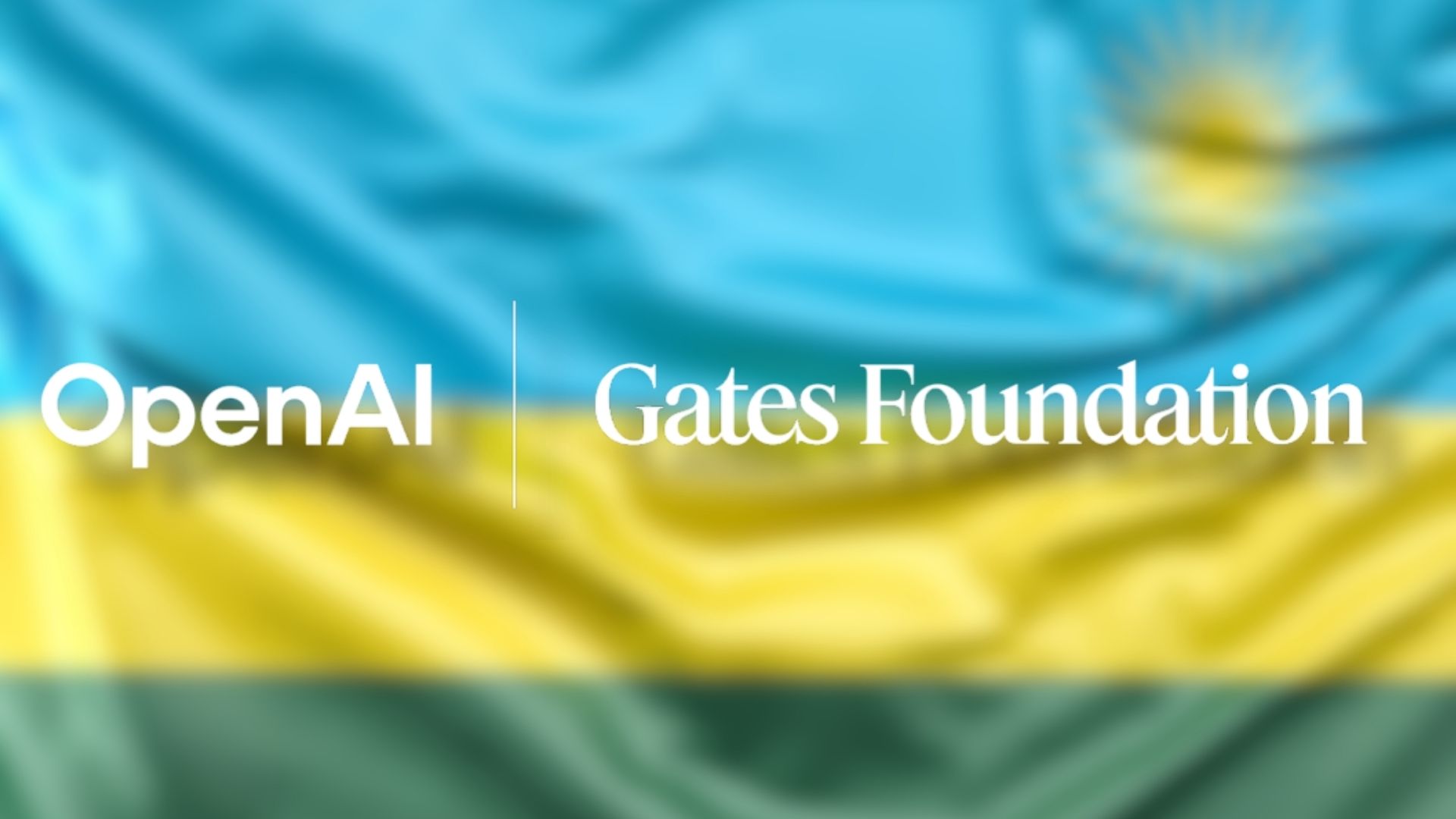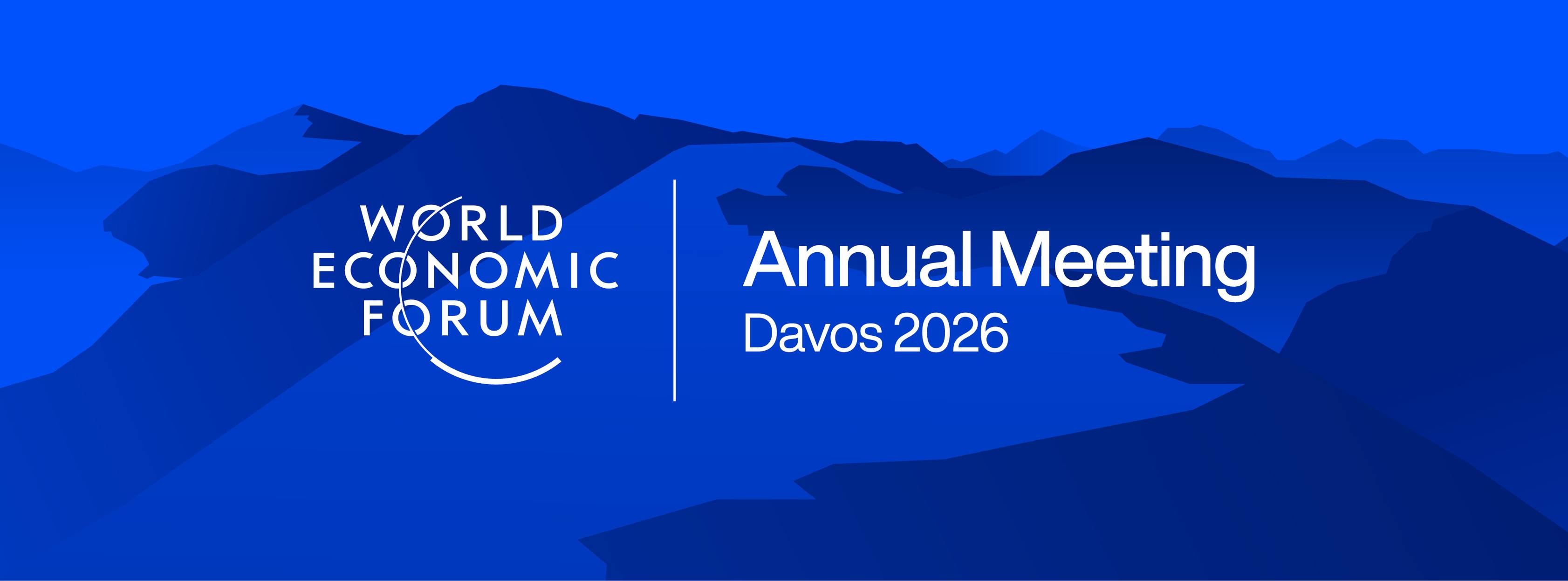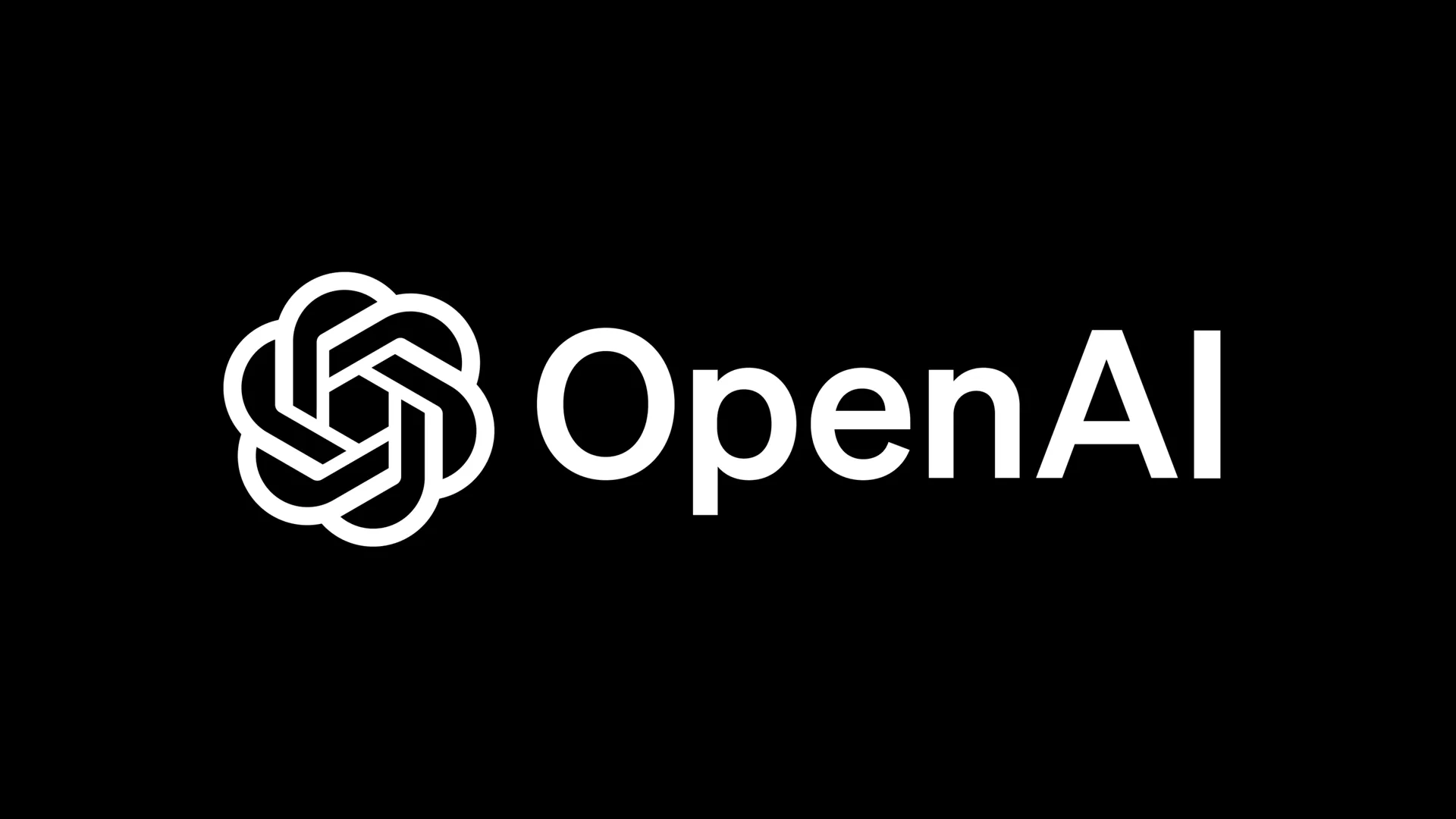BlackRock CEO Larry Fink used his Davos speech to put AI at the centre of a broader warning. In the AI era, trust may become the world’s ‘hardest currency.’
Speaking at the World Economic Forum, he argued that new technologies will only strengthen societies if people believe the benefits are real, fairly shared, and not decided solely by a small circle of insiders.
Fink said AI is already showing a familiar pattern. The earliest gains are flowing mainly to those who control the models, data, and infrastructure. He cautioned that without deliberate choices, AI could deepen inequality in advanced economies, echoing the fact that decades of wealth creation after the fall of the Berlin Wall still ended up concentrating prosperity among a narrower share of people than a ‘healthy society’ can sustain.
He also raised a specific fear for the workforce, asking whether AI will do to white-collar jobs what globalisation did to blue-collar work: automate, outsource, and reshape employment faster than institutions can protect workers and communities. That risk, he said, is why leaders need to move beyond slogans and produce a credible plan for broad participation in the gains AI can deliver.
The stakes, Fink argued, go beyond economic statistics. Prosperity should not be judged only by GDP or soaring market values, he said, but by whether people can ‘see it, touch it, and build a future on it’, a test that becomes more urgent as AI changes how value is created and who captures it.
Fink tied the AI debate to the legitimacy crisis facing Davos itself, acknowledging that elite institutions are widely distrusted and that many people most affected by these decisions will never enter the conference. If the WEF wants to shape the next phase of the AI transition, he said, it must rebuild trust by listening outside the usual circles and engaging with communities where the modern economy is actually built.
He also urged a different style of conversation about AI, less staged agreement and more serious disagreement, aimed at understanding. In that spirit, he called for the forum to take its discussions beyond Davos, to places such as Detroit, Dublin, Jakarta and Buenos Aires, arguing that only real dialogue, grounded in lived economic realities, can give AI governance and AI-driven growth the legitimacy to last.
Diplo is live reporting on all sessions from the World Economic Forum 2026 in Davos.
Would you like to learn more about AI, tech and digital diplomacy? If so, ask our Diplo chatbot!










